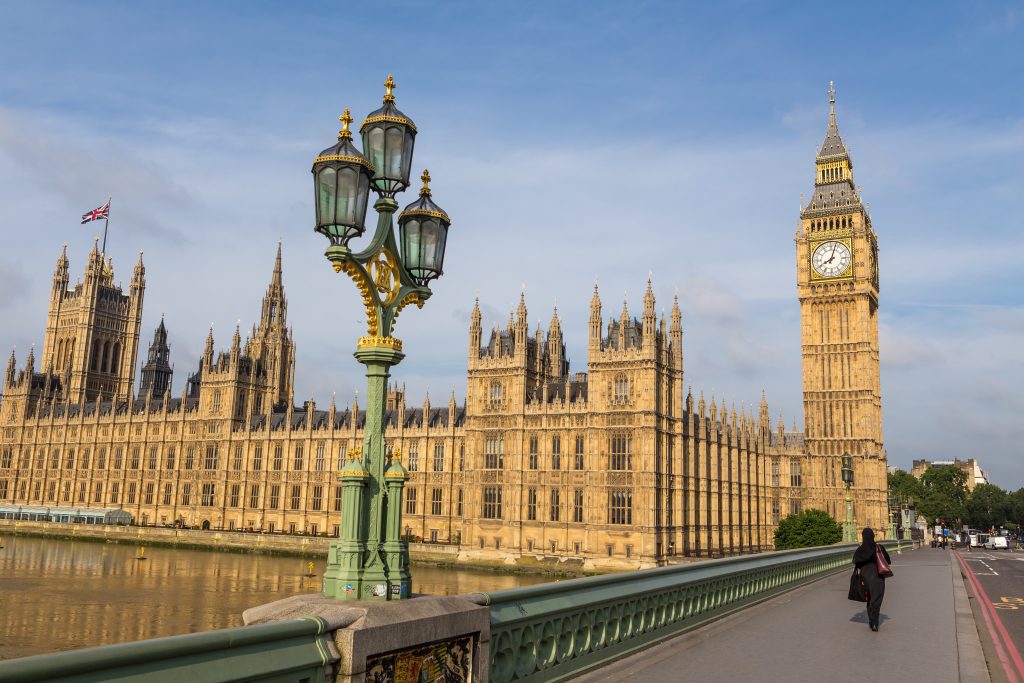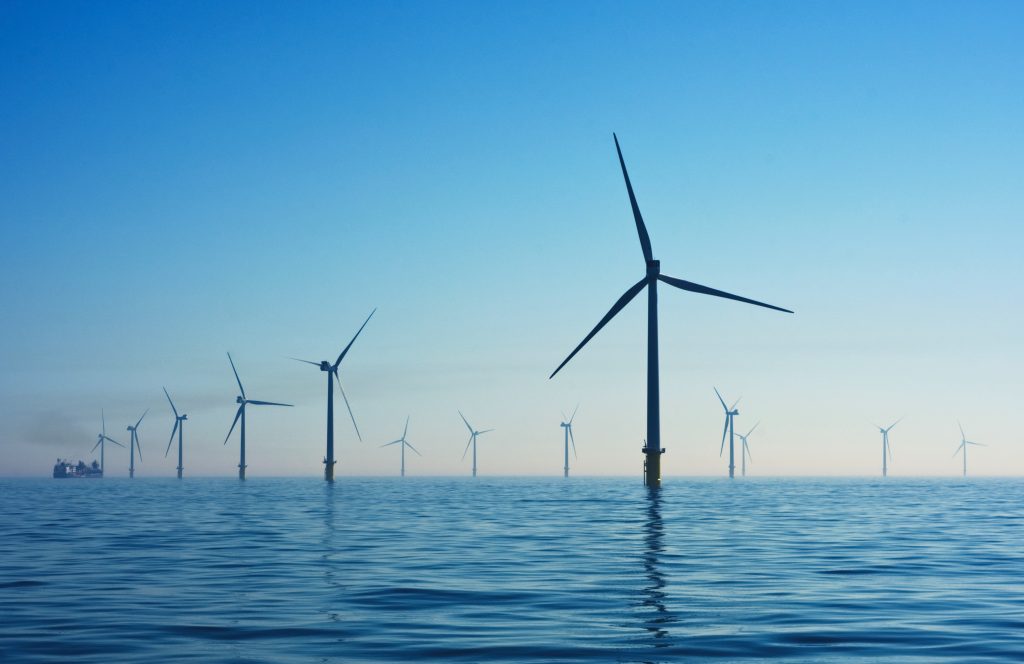Labour manifesto commitments: What they mean for impact investing and sustainability

Following a decisive election victory, Prime Minister Keir Starmer’s Labour Party has a clear mandate to begin working towards implementing their ambitious manifesto. Of particular interest to sustainable investors, the Labour manifesto commitments focus on investing in the UK’s green and social economy. King Charles III reinforced these commitments during his speech to the Houses of Parliament.
The King’s Speech
HRH The King announced that the government will begin to look at resetting its relationship with the European Union (EU). The scope for expanding the UK’s trade relationship with the EU may be limited, but this could create positive for UK businesses with a European presence. We’ve historically had a smaller allocation to UK businesses in our portfolios, but these Labour manifesto commitments could make it a more interesting market.
The speech made clear Labour’s focus on worker’s rights and stronger corporate governance. These will be welcomed changes for investors looking for purposeful, stakeholder-aligned businesses. Measures connected to equality elevate the characteristics we look to steward in our portfolios.
We’ll also be watching the UK technology sector, as bills mentioned in the speech like the Digital Information and Smart Data Bill and Cyber Security and Resilience Bill could provide pathways for technology innovation and investment.

Labour’s goals
Labour’s manifesto commitments reflect their aim to create an environment where both the public and private sectors invest together in key projects across the UK, particularly infrastructure projects.
To achieve this, Starmer introduced two new initiatives: the National Wealth Fund (NWF) and a publicly owned business called Great British Energy (GBE). Over the next parliamentary term, the NWF will be capitalised with £7.3bn 1 and GBE with £8.3bn. 2
The National Wealth Fund seeks to attract £3 of private capital for every £1 of government spending. 3 Similarly, Great British Energy will co-invest with private investors in new energy technologies, such as hydrogen. The goals of these projects reflect Labour’s hope that government commitment to projects will encourage broader investment from the public.
Earlier this year, we joined others in signing a letter to the future administration advocating for a partnership-based approach to unlocking social capital in the UK. The government needs the innovation and resources of the
Private market
Sectors in focus: energy and healthcare
Energy
The UK has made progress in transitioning its energy grid away from
Fossil fuels
These ambitious Labour manifesto commitments will require substantial policy support but will create opportunity for businesses developing and managing facilities, as well as those supplying equipment. Both of these types of businesses feature in our portfolios. If the government can successfully engage the
Private market
Bloomberg New Energy Finance (BNEF) estimates that the new capacity commitments could reduce UK annual emissions from the power sector to 3 million metric tonnes, down from 57 million.
6
This transition offers numerous impact investment opportunities in
Renewable energy

One challenge in the energy transition has been private investors’ reluctance to fully bear the risk of developing new projects, particularly with rising
Interest rate
Streamlining the UK’s planning regulations is also crucial. Currently, it can take over ten years to connect new energy sources to the grid. 7 Addressing these bottlenecks will be vital for modernising the British energy system.
To fund this investment, we might see more green gilt issuance in the UK. Green gilts refer to government bonds designated for specific environmental projects. They offer the benefit of low-risk sovereign debt while ensuring that funds are used for positive impact projects. We would welcome more labelled issuance from the UK government, especially given there are only two green gilts currently in circulation. An increase in their issuance would provide more options for sustainable investors.
Healthcare and life sciences
The NHS was another key focus amongst Labour’s manifesto commitments. The party enlisted former Health Secretary Alan Milburn to advise on reducing waiting times and increasing efficiency. To execute this, Milburn will likely collaborate with the
Private market
Sustainability

The UK has maintained a leading position in the life sciences sector. Universities like Oxford and Cambridge and areas such as London are hubs for innovative startups in areas like biologics, which are more complex drugs made from organic material rather than chemicals, and gene therapy. However, funding to commercialise these businesses has been lacking, often driving promising startups to the US for capital. Chancellor Rachel Reeves has suggested that pension schemes could help bridge this funding gap, proposing an opt-in scheme for pension fund managers to allocate capital to early-stage ventures.
Welcomed manifesto commitments
Labour’s investment-friendly stance has been well-received by the business community. Although details are still emerging, the focus on key areas like healthcare, green energy, water, and housing is promising for impact investors both in the UK and internationally.
Labour’s approach emphasises stability and public-private partnerships, creating a conducive environment for investment. More specifics on Labour manifesto commitments will be unveiled at the first budget in autumn, but the new government’s attention to social and environmental issues could provide opportunities within our portfolios and sustainable investing as a whole in the UK.
We also welcome the focus on worker’s rights and strengthened corporate governance alongside economic growth. We’re optimistic about some of the changes that could unfold in the way UK businesses approach key decisions. This is a window of opportunity for impact investors that we’ll be watching closely.
Footnotes
-
Financial Times. (July 2024). New £7bn National Wealth Fund to start green investment ‘immediately’.Scroll to footnote
- Scroll to footnote
- Scroll to footnote
- Scroll to footnote
- Scroll to footnote
-
Bloomberg New Energy Finance. (July 2024). What Labour’s victory means for UK energy.Scroll to footnote
- Scroll to footnote




